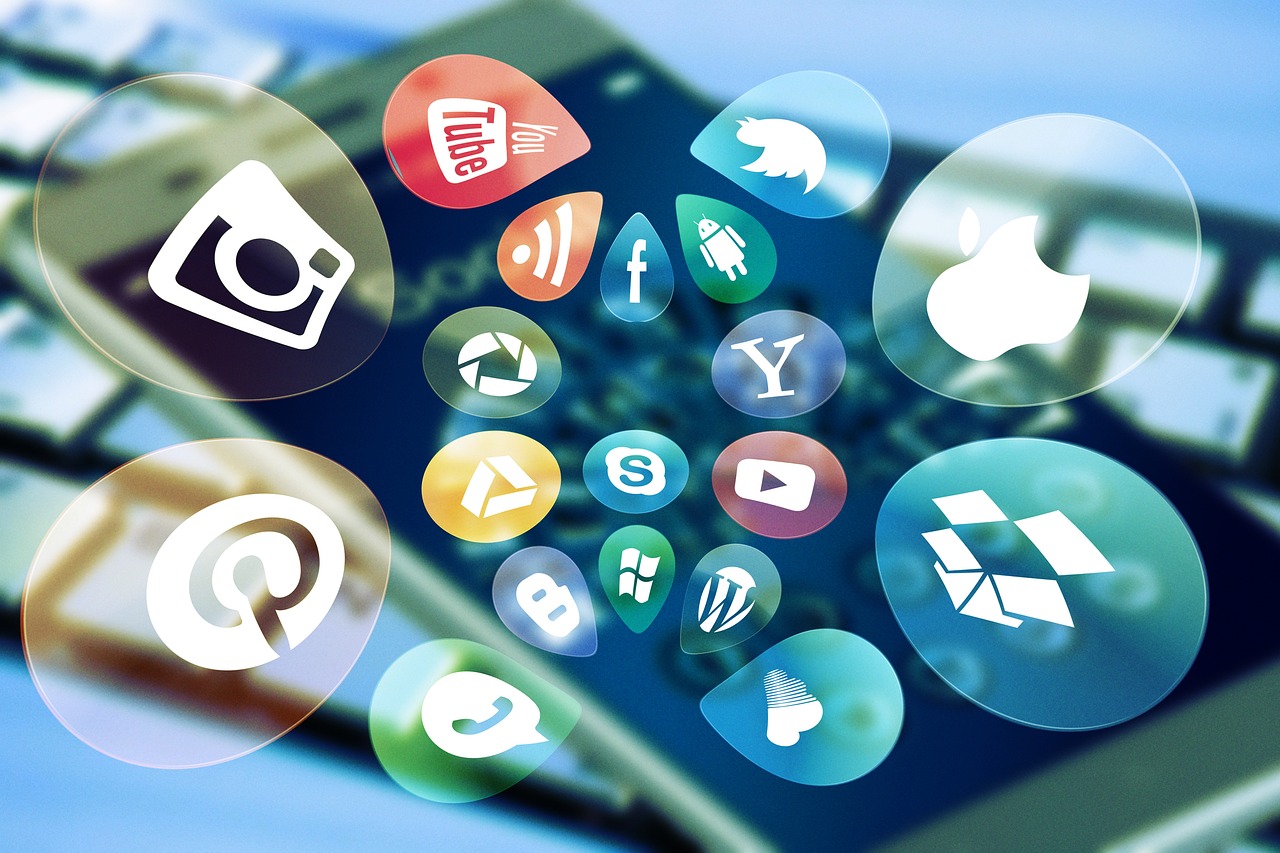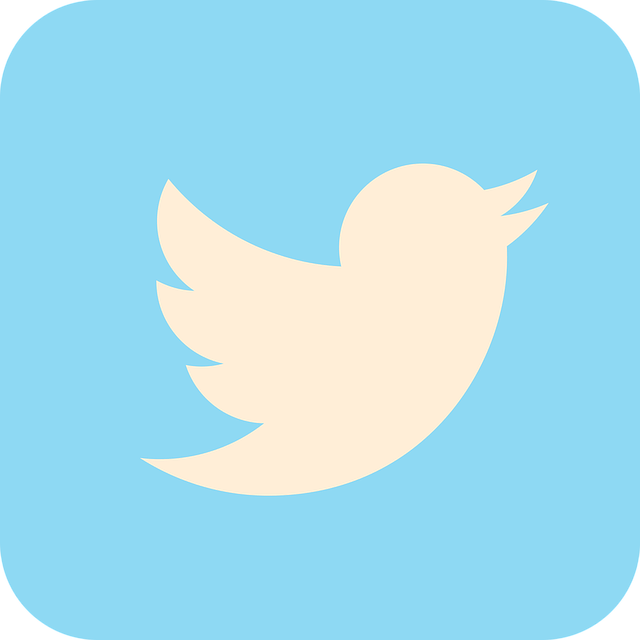Innovative Healthcare App Ideas – The integration of technology into healthcare has brought about a revolution in how we manage our well-being. Mobile apps, in particular, have become indispensable tools that offer personalized and convenient health solutions. As the demand for digital health services continues to rise, there is immense potential for new and innovative app ideas that can address various health needs. In this article, we will explore some of the most promising healthcare app ideas that have the potential to make a meaningful impact on individual health and the broader healthcare landscape.
1. Symptom Checker and Diagnosis App
Imagine having a virtual doctor in your pocket, ready to analyze your symptoms and provide preliminary diagnoses. An symptom checker app could use advanced algorithms to evaluate user-reported symptoms and suggest possible conditions. The app could ask users a series of questions to refine its analysis, offering insights into whether the issue is minor or requires medical attention. While not a replacement for professional healthcare, such an app could guide users on whether they should visit a doctor or manage the condition at home.
2. Personalized Wellness Coach App
Health and wellness are highly individual experiences, and a one-size-fits-all approach often falls short. A personalized wellness coach app could cater to users’ unique health profiles, offering customized advice and programs. The app could assess a user’s lifestyle, preferences, and health goals, creating tailored fitness routines, dietary plans, and mindfulness exercises. It could also provide motivational support, track progress, and adjust recommendations based on user feedback, ensuring a truly personalized health journey.
3. Integrated Health Ecosystem App
In an increasingly connected world, an innovative healthcare app that integrates various health services into a single platform could be a game-changer. An integrated health ecosystem app could combine telemedicine, fitness tracking, medication management, and personal health records. Users could consult with doctors, track their daily activities, receive medication reminders, and access their health records—all in one place. By streamlining these services, the app would make it easier for users to manage their overall health and stay engaged with their wellness routines.
4. Health Gamification App
Gamification has proven to be an effective way to engage users and promote healthy behaviors. A health gamification app could turn wellness activities into fun and rewarding experiences. Users could earn points, badges, or rewards for completing workouts, eating healthy meals, or achieving health milestones. The app could also include social features that allow users to compete with friends or join health challenges. By making health management enjoyable, the app would encourage users to adopt and maintain healthy habits.
5. Elderly Care and Monitoring App
Caring for the elderly requires constant attention, especially when they live alone or have chronic conditions. An elderly care and monitoring app could provide a lifeline for caregivers and family members. The app could include features like medication reminders, emergency alerts, and health monitoring tools. For instance, it could track vital signs, detect falls, and send notifications to caregivers in case of unusual activity. Additionally, the app could offer remote consultations with doctors, making it easier to manage the health needs of elderly loved ones.
6. Virtual Support Group App
Managing health challenges can be isolating, but connecting with others who share similar experiences can provide much-needed support. A virtual support group app could bring together individuals facing similar health conditions, such as chronic illnesses, mental health challenges, or recovery from addiction. The app could offer a safe space for users to share their stories, seek advice, and offer support. Moderated by healthcare professionals, these virtual communities could provide emotional support, practical tips, and a sense of belonging.
7. Lifestyle Disease Prevention App
Lifestyle diseases like diabetes, heart disease, and obesity are on the rise, often driven by poor diet and lack of exercise. A lifestyle disease prevention app could focus on helping users reduce their risk factors by promoting healthier choices. The app could assess users’ lifestyle habits and provide personalized recommendations for diet, exercise, and stress management. It could also offer educational content to raise awareness about the dangers of lifestyle diseases and encourage preventive measures.
8. Pediatric Health Management App
Parents often juggle multiple responsibilities, and managing their children’s health can be overwhelming. A pediatric health management app could help parents track their children’s growth, vaccination schedules, and developmental milestones. The app could also provide information on common childhood illnesses, tips for healthy living, and reminders for regular check-ups. With a focus on preventive care and early intervention, this app could empower parents to take proactive steps in ensuring their children’s well-being.
9. Health Data Analytics App
With the proliferation of health-tracking devices, users are generating vast amounts of data about their daily activities, sleep patterns, and vital signs. A health data analytics app could help users make sense of this data by offering insights and trends. The app could analyze users’ health data to identify patterns, such as correlations between diet and energy levels or the impact of sleep on mood. By turning raw data into actionable insights, the app would enable users to make informed decisions about their health.
10. Chronic Pain Management App
Chronic pain affects millions of people and can significantly impact their quality of life. A chronic pain management app could offer tools and resources to help users cope with pain and improve their daily functioning. The app could include pain tracking, relaxation exercises, and medication management. It could also offer access to virtual support groups or connect users with pain specialists for advice. By providing a comprehensive approach to pain management, the app could help users regain control over their lives.
Conclusion
The future of healthcare is increasingly digital, and the potential for innovative health apps is vast. By addressing specific health needs and offering personalized, convenient solutions, these apps can make a significant difference in people’s lives. From AI-powered diagnosis tools to holistic health resources, the ideas explored in this article highlight the exciting possibilities for healthcare innovation. As technology continues to advance, the next wave of healthcare apps could revolutionize how we approach health and wellness, making it easier for everyone to lead healthier, happier lives.






